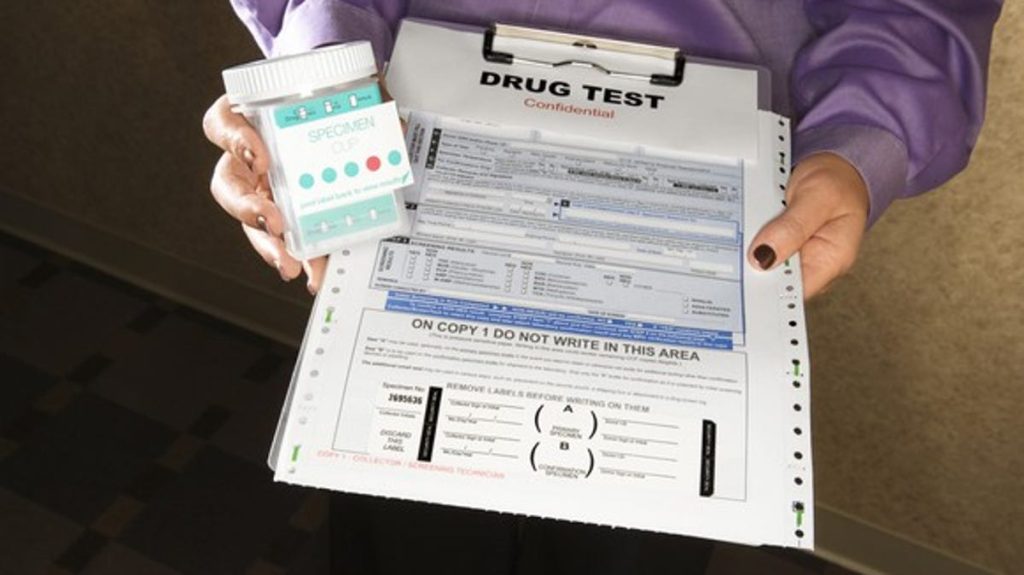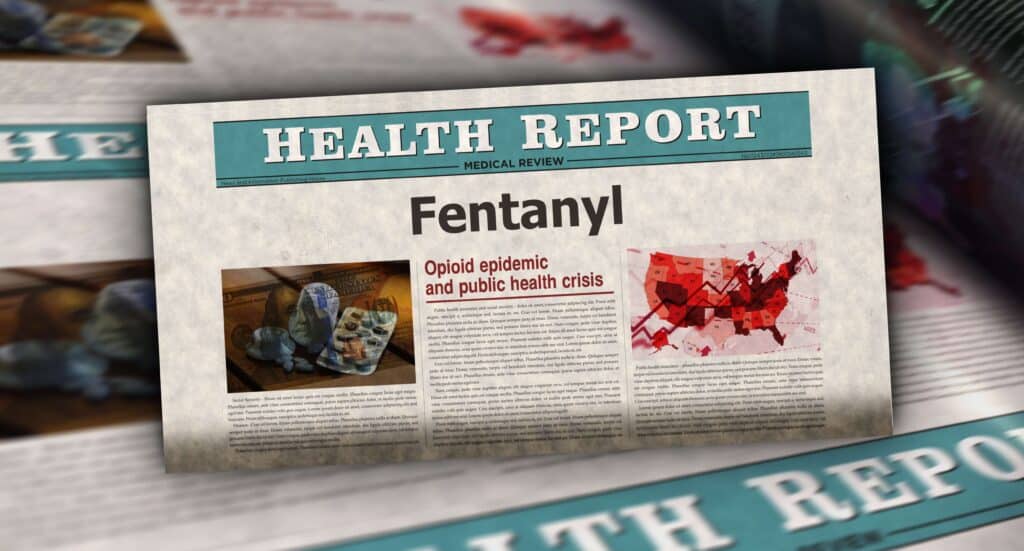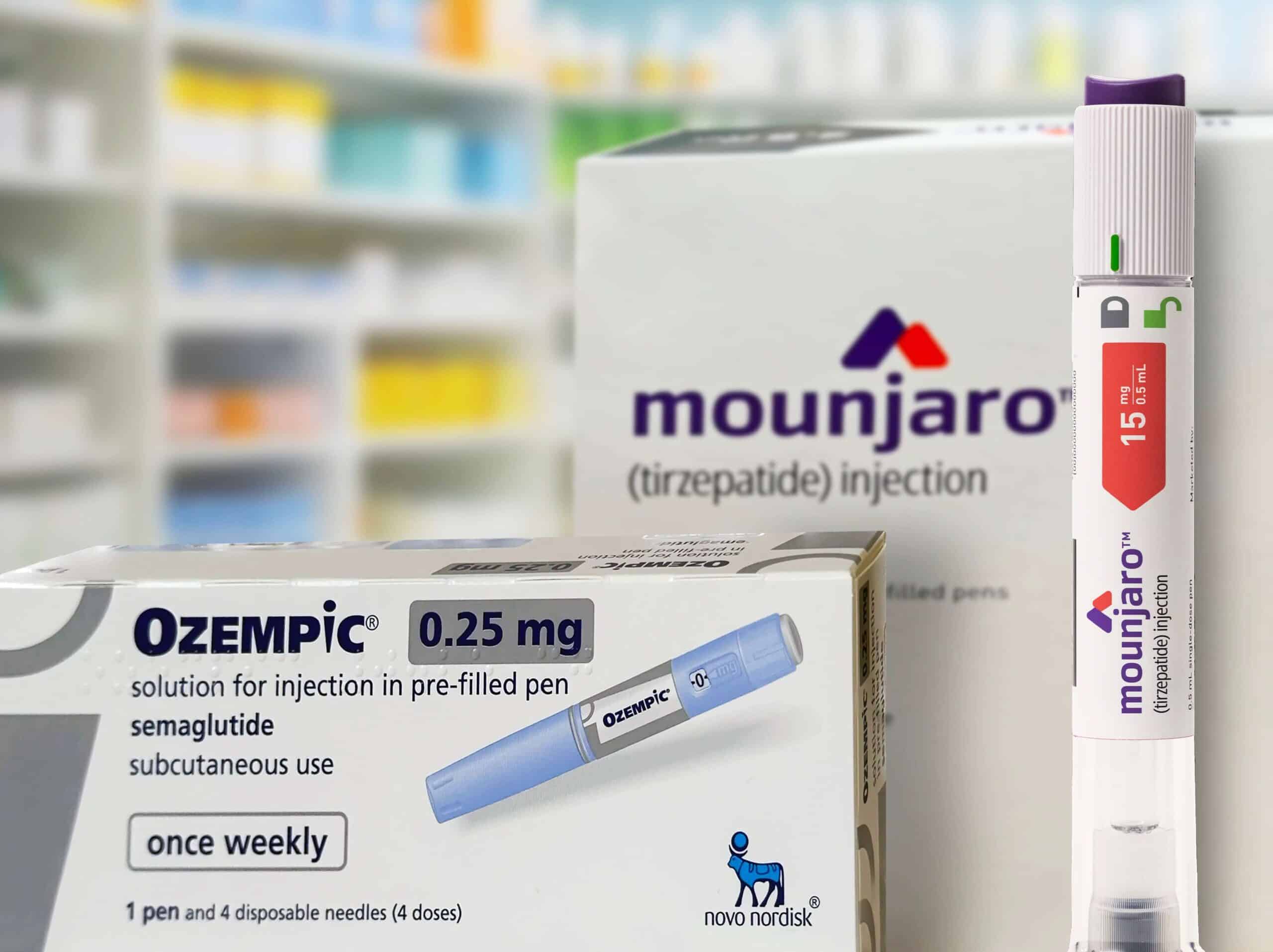What Is Fentanyl?
Fentanyl is a powerful synthetic opioid analgesic, approved by the Food and Drug Administration for use as an analgesic (pain relief) and anesthetic. It is approximately 100 times more potent than morphine and 50 times more potent than heroin as an analgesic. While fentanyl has legitimate medical applications, its illicit production and distribution have led to a significant public health crisis.

Medical Use of Fentanyl
In medical settings, fentanyl is prescribed to manage severe pain, such as that experienced after surgery or by patients with advanced cancer. It is administered under strict medical supervision due to its potency and potential for dependence. Prescription fentanyl is available in various forms, including transdermal patches, lozenges, and injectable formulations.
Illicit Fentanyl and Its Dangers
Beyond its medical uses, fentanyl is illicitly manufactured and sold, often mixed with other drugs like heroin, cocaine, methamphetamine, and counterfeit pills. This practice increases the risk of overdose, as users may be unaware of fentanyl’s presence in these substances. Just 2 milligrams of fentanyl, equivalent to 10 to 15 grains of table salt, is considered a lethal dose.
Recent Incidents Highlighting the Fentanyl Crisis
Several recent events underscore the severity of the fentanyl epidemic:
- Daycare Tragedy in New York: In September 2023, a daycare owner in the Bronx was sentenced to 45 years in prison after a 22-month-old child died from fentanyl exposure at her facility, which was being used as a narcotics stash house.
- International Efforts to Control Fentanyl: China released a white paper detailing its efforts to control fentanyl-related substances, emphasizing cooperation with countries like the U.S. to combat trafficking.
- U.S. Policy Responses: In response to the ongoing crisis, the U.S. government has implemented measures such as increased tariffs on imports from countries perceived as not doing enough to curb fentanyl trafficking. New York Post

Addressing the Crisis
Combating the fentanyl epidemic requires a multifaceted approach:
- Law Enforcement: Strengthening efforts to disrupt the production and distribution of illicit fentanyl.
- Public Awareness: Educating communities about the dangers of fentanyl and the prevalence of its presence in various illicit drugs.
- Treatment and Support: Expanding access to addiction treatment services and support systems for individuals affected by opioid use disorder.dea.gov
At Lifescape Recovery, we are committed to providing comprehensive care and support to those impacted by substance use disorders. If you or a loved one is struggling, please reach out to us for assistance.


Fentanyl is a highly potent synthetic opioid, 100 times stronger than morphine, and is used medically for severe pain management. However, its illicit production and distribution have fueled a deadly opioid crisis, with fentanyl contributing to a majority of overdose deaths in the U.S.
At Lifescape Recovery, we provide comprehensive addiction treatment for individuals affected by fentanyl and other opioids. If you or a loved one is struggling, reach out for help today.
Published: February 27, 2025
Last Updated: March 05, 2025

Published: June 30, 2025
Do Semaglutide (Ozempic®/Wegovy®) or Tirzepatide (Mounjaro®/Zepbound®) Reduce Alcohol Cravings?
GLP-1–based injectables like Semaglutide (Ozempic®/ Wegovy®) or Tirzepatide (Mounjaro®/ Zepbound®) changed obesity and diabetes care almost overnight. Alongside weight loss, thousands of patients began reporting a subtler effect: “I just don’t want that nightly glass of wine anymore.” Such feedback—spread across Reddit, TikTok, and clinic waiting rooms—now drive genuine scientific inquiry. If GLP-1 agonists like […]
Read more
Published: June 01, 2025
Honoring Men’s Mental Health: A June Reflection and Path to Wellness
Each June, we shine a spotlight on Men’s Mental Health Month—a dedicated time to recognize the unique challenges men face, break down stigmas, and foster open conversations. At Lifescape Recovery, we believe that mental health is just as critical for men as it is for anyone else. Yet societal expectations around “toughness” and self-reliance often […]
Read more
Published: May 23, 2025
Intensive Outpatient Program (IOP):15 FAQs
Navigating the world of mental health and addiction treatment can feel overwhelming. If you’re considering an Intensive Outpatient Program (IOP), you likely have questions about what it entails, who it’s for, and how it works. Below, we’ve compiled the most frequently asked questions—along with clear, concise answers—to help you understand IOP and determine if it’s […]
Read more
